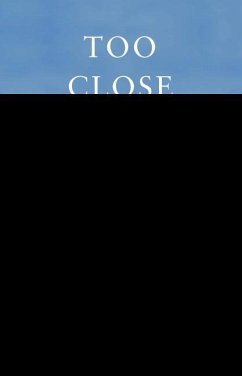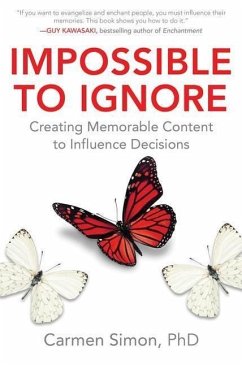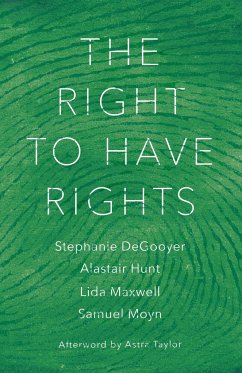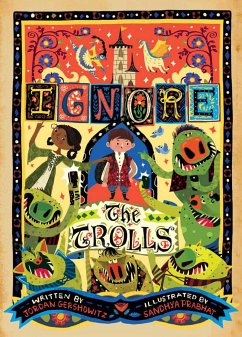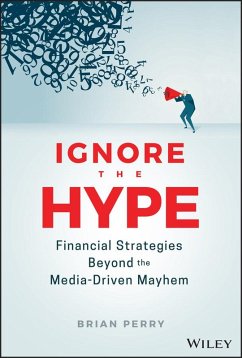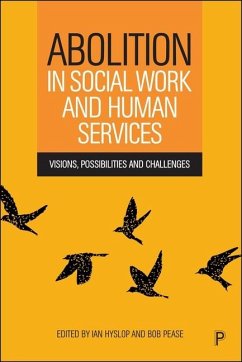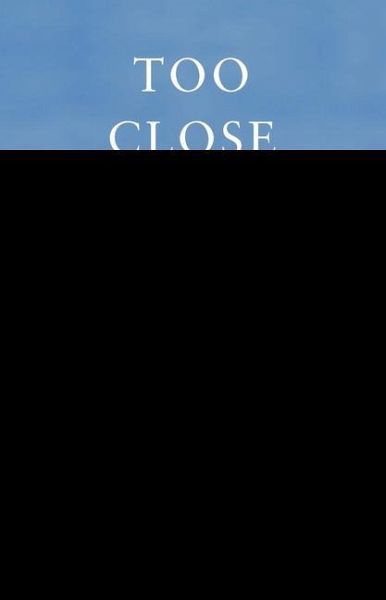
Too Close to Ignore
Australia's Borderland with PNG and Indonesia
Versandkostenfrei!
Versandfertig in über 4 Wochen
47,99 €
inkl. MwSt.

PAYBACK Punkte
24 °P sammeln!
Less than five kilometres from Australia's most northern islands in the Torres Strait lies the southern coast of Papua New Guinea (PNG). The people living on the PNG side of the border along the South Fly coast live in abject poverty, with a near total absence of services and infrastructure. The disparity in income, housing and health outcomes when compared with their nearby neighbours and relatives in the Torres Strait Islands, is extreme. The border is the focus of a range of interventions by the Australian and Queensland governments, including border protection, quarantine, marine resource ...
Less than five kilometres from Australia's most northern islands in the Torres Strait lies the southern coast of Papua New Guinea (PNG). The people living on the PNG side of the border along the South Fly coast live in abject poverty, with a near total absence of services and infrastructure. The disparity in income, housing and health outcomes when compared with their nearby neighbours and relatives in the Torres Strait Islands, is extreme. The border is the focus of a range of interventions by the Australian and Queensland governments, including border protection, quarantine, marine resource management, and infectious disease control, including an alarming outbreak of multi-drug resistant tuberculosis. Restrictions are increasing on trading, fishing and access to Australian services. However, questions remain as to whether this focus is having unintended consequences, increasing the destitution and frustration on the PNG side, in turn exacerbating the security threat to Australia. And as the Australian border hardens, the Indonesian border beckons. This book presents the results of three years of research into the unique social and political geography of the borderland. The Torres Strait Treaty between Australia and PNG serves to construct a complex institutional layering, a tiered economy and a hierarchy of identities between those South Fly villagers who have rights under the Treaty to travel into Australia, and those who do not. This creates a politics of expectation and frustration that permeates everyday life along the South Fly coast, through which development projects must navigate.



